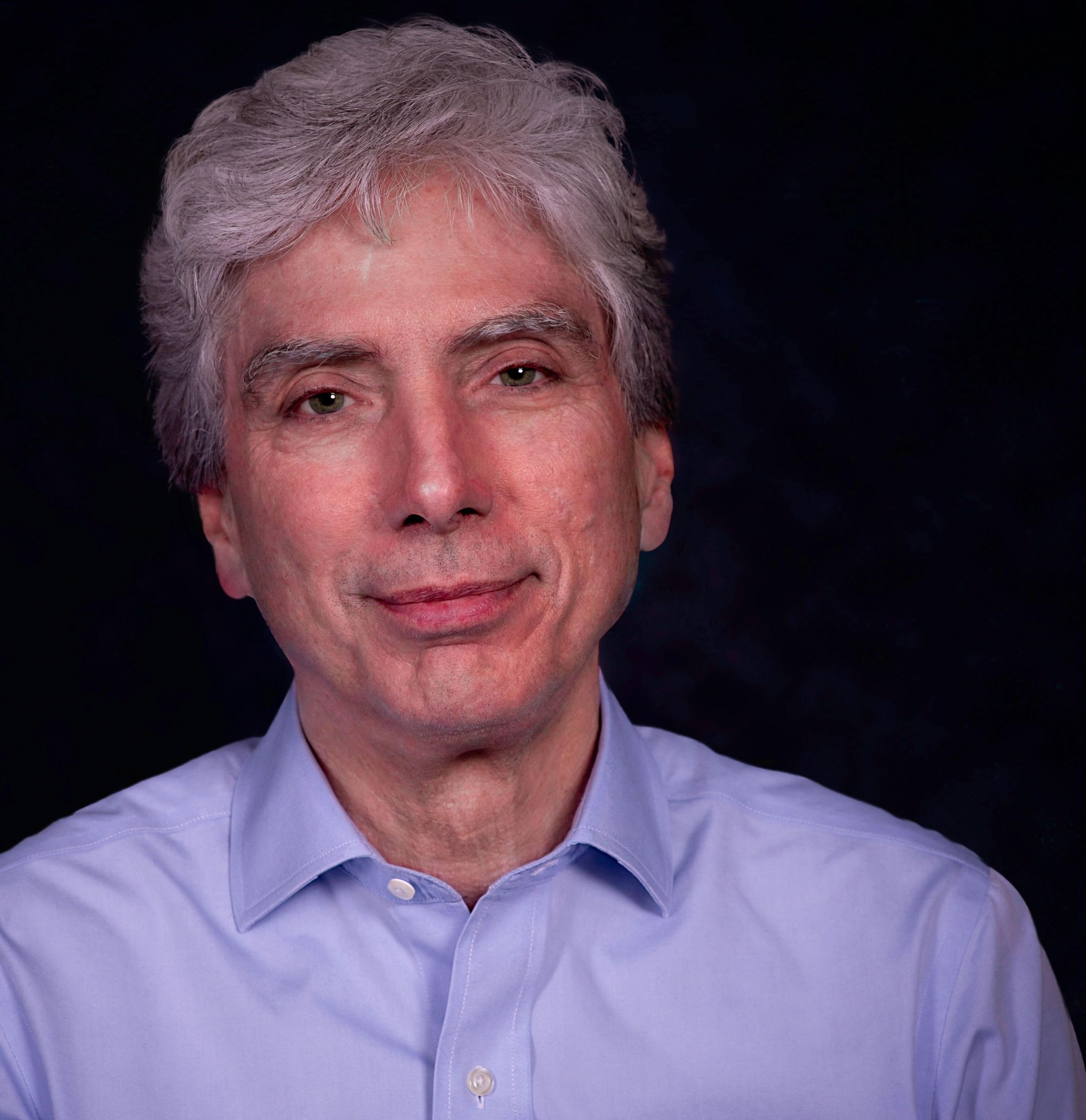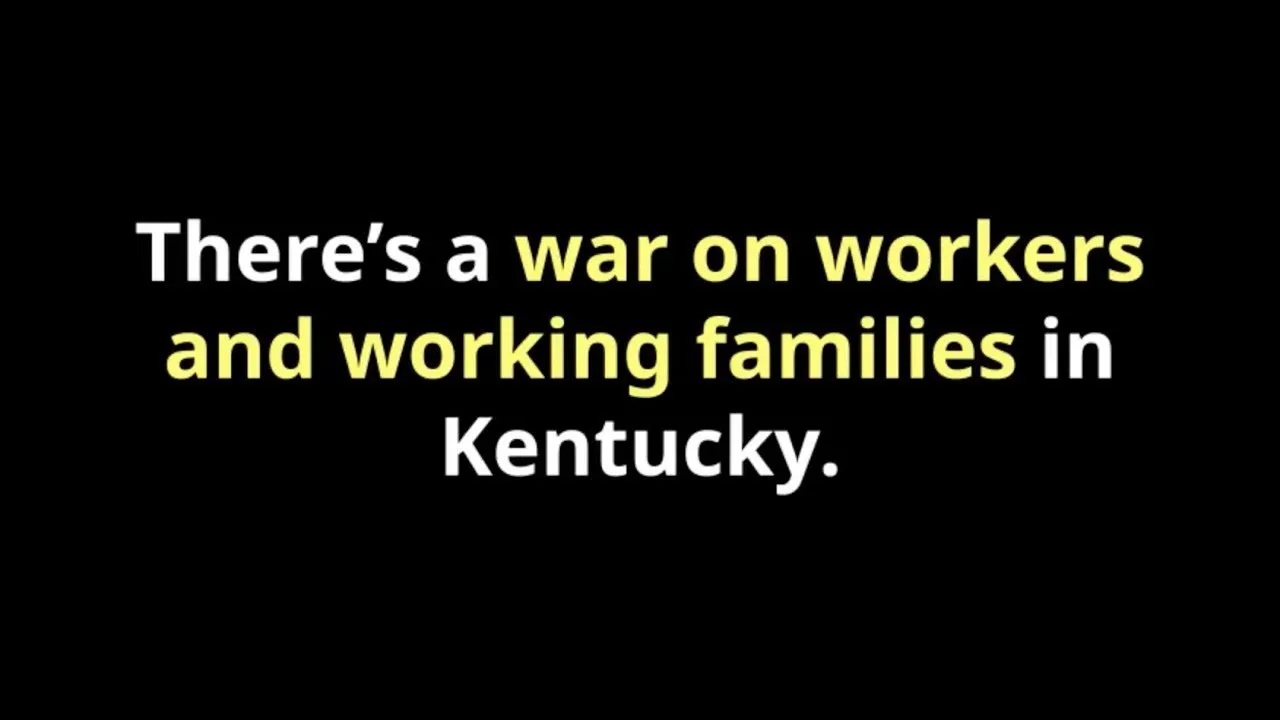On Labor Day we celebrate the American worker, even as we are being pressed to the breaking point by our “Survival of the Fittest” economy. In the 1960s, 30% of American workers in the private sector were union members. Today that number is 6% and falling. And yet, pro-labor sentiment is the highest it has been for almost six decades. Wages have risen a tiny amount, but many businesses simply can’t hire enough workers. The minimum wage remains stuck, almost to the point of irrelevance. A tipping point seems near.
For those who love money, there is never enough of it, and no end to the thirst for short-term profit and growth, but now we are starting to see our entire economic system destabilize. We’re at the point where the very wealthiest are making plans to survive “The Jackpot” — a societal breakdown caused by climate change and other human missteps — by setting up doomsday bunkers with private staff and security with the billions they have “acquired.” I can’t say earned.
The wealthy and powerful don’t want to pay living wages, or taxes, or provide a social safety net. They want to profit from every piece of a working person’s life. Some like to say, “I did it myself,” but a closer look reveals a system that helps them with tax breaks, friendly loans, and cash transfusions. These are called “giveaways” when they go to workers or students or poor people.
Money as an incentive is fine when it benefits us all. For example, the glass medicine bottles used in New Zealand cost $5 apiece, but that’s just a deposit that’s refunded when you return the empty bottle for recycling. How many glass bottles would be recycled in America if the deposit were $5? That’s an example of a social good – not constant growth and profit – being incentivized using money as grease.
It's fine to be wealthy. But things have gone too far when 40% of American children 18 and under live in poverty, when we have a permanent underclass due to racial and other discrimination, when young people rightly believe their lives will not be better than their parents’ lives regardless of how hard they work. Meanwhile, billionaires are heading to Mars. The American Dream is gone for all but a fortunate few.
If wages had inflated at the same rate as Wall Street bonuses, the minimum wage would be nearly $70/hour – not $7.25/hour. If working people were paid fairly, the price of gas would be no big deal. The irony is that it will be a better world for the wealthy when all of us are healthier, better educated, and more prosperous. We could build a more sustainable world, a more equitable world, a more just world – and the lives of the wealthy wouldn’t change except for some numbers in a ledger.
Sam Walton was beloved. He famously wore overalls, travelled around in an old car, and worked side by side with Walmart workers. His children should be ashamed of what they have done to their father’s legacy.
While we’re at it, let’s get over calling each other out over ideology. Ideologies have become a way to avoid thinking and cooperating. No ideology always has all the right answers. Ideology should be our guide, not our goal; problem solving is our job and policies should be judged by whether they fixed things – or not.
And we have plenty of things in America that need to be fixed.
--30--
Written by Hank Linderman, who is the Democratic nominee for Congress in Kentucky’s 2nd District. Visit hank4ky.com for more info.








